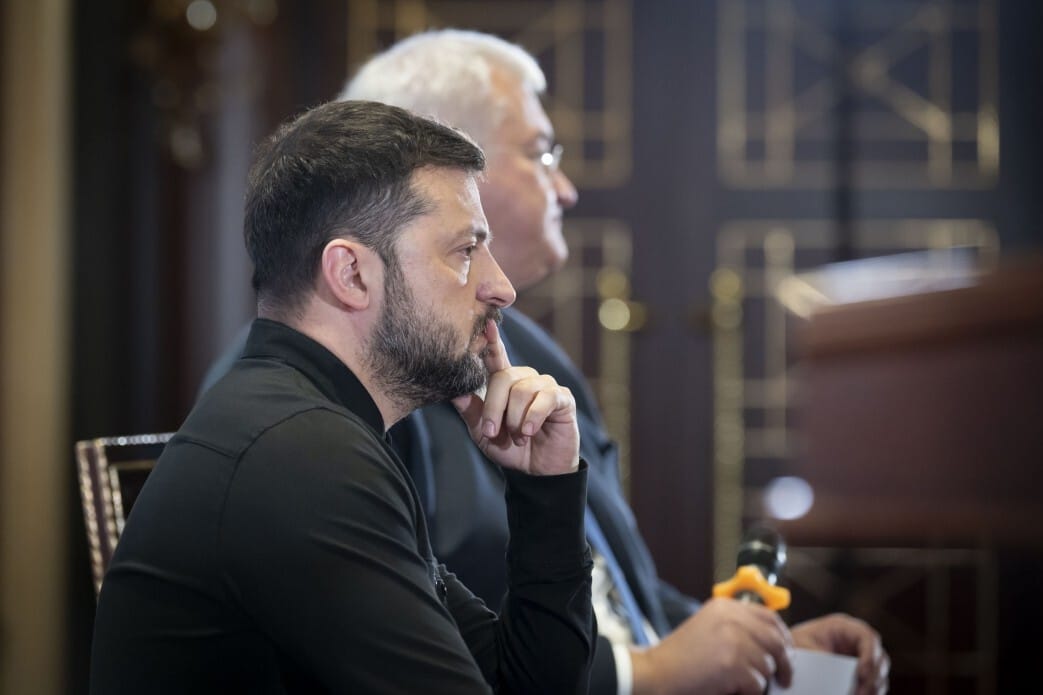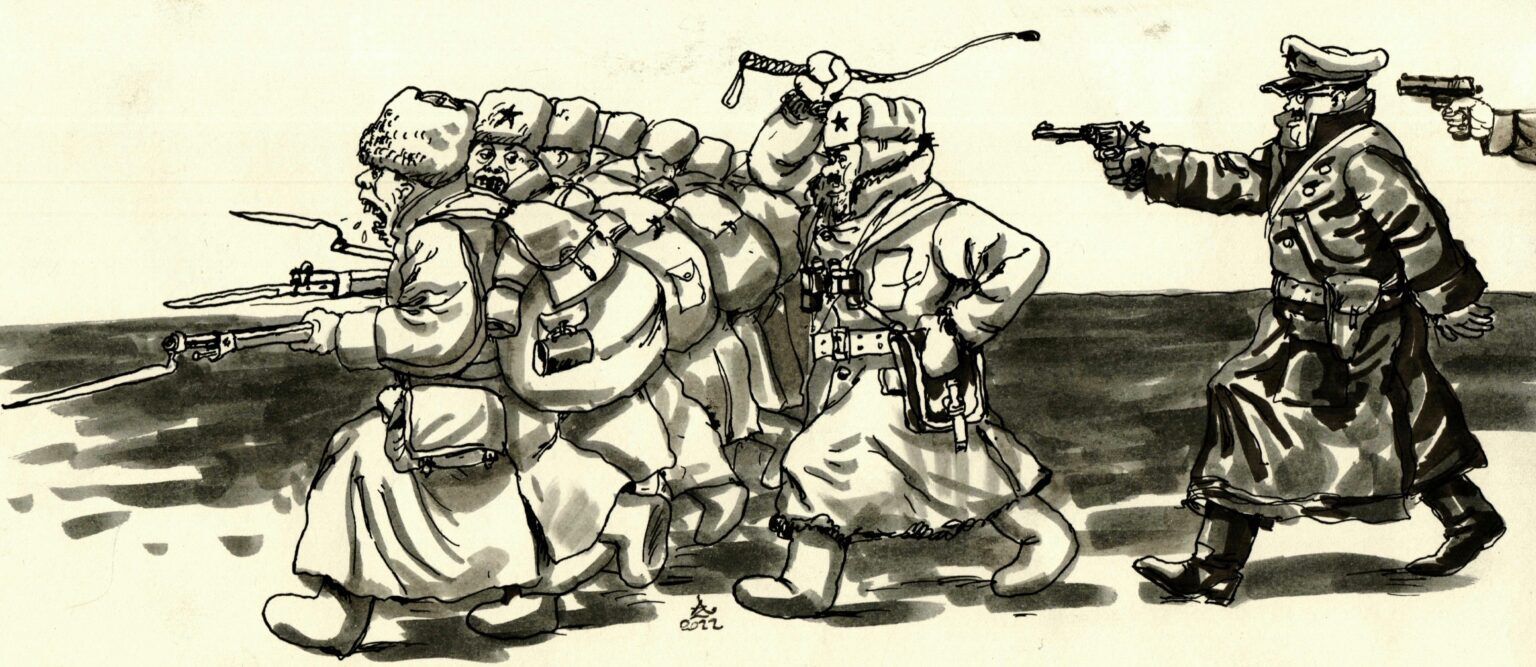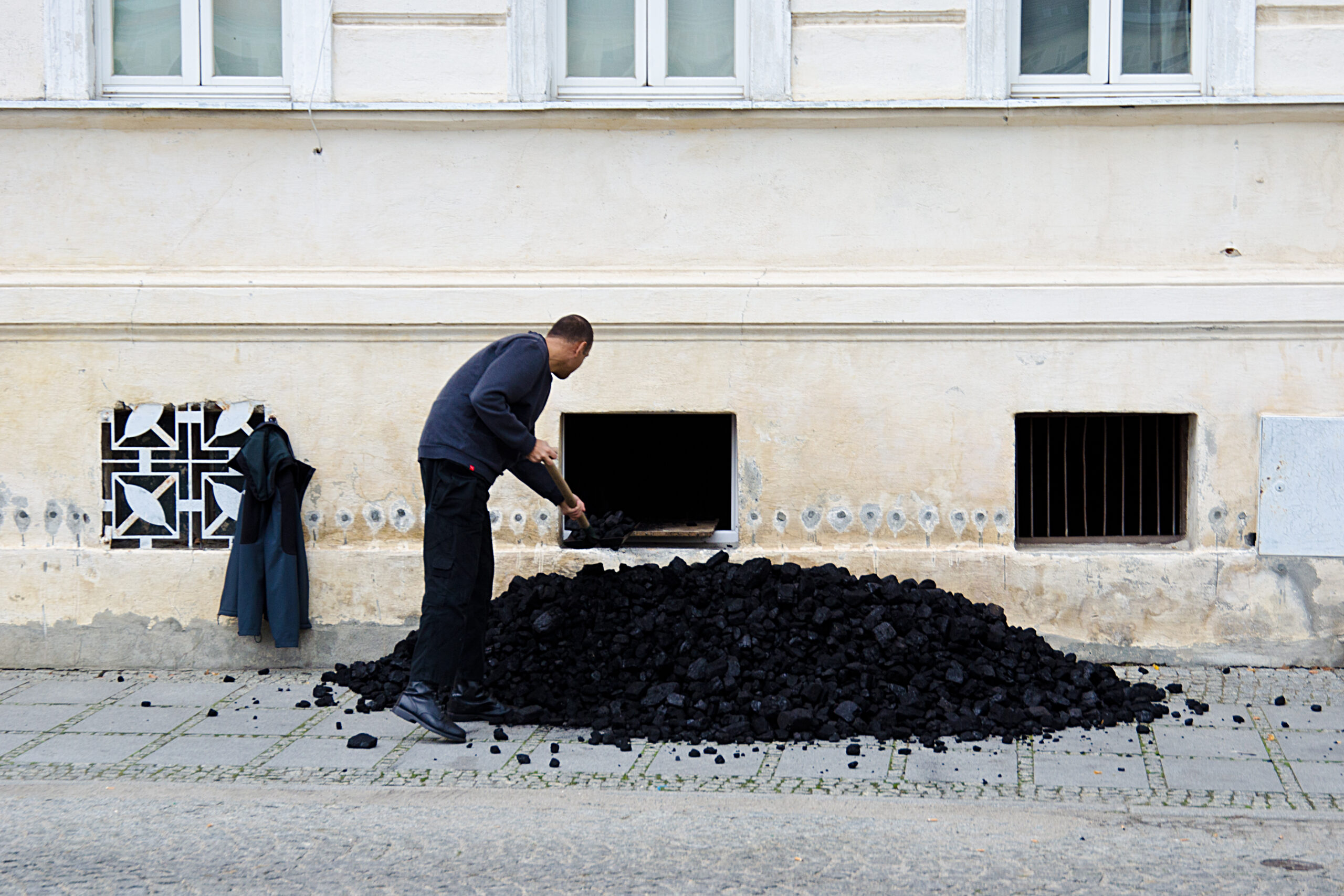DEAR READER,
This week, we are diving into the Ukrainian government reshuffle that took place just ten days ago. It got mostly overshadowed by the anti-corruption reform (which has since been rolled back), but we think it’s worth a closer look. We asked Anton Naychuk, director of the East European Council, to unpack what’s really happening behind the scenes.
Also worth checking out: a new report on global elections by our friends at the Bloomsbury Intelligence and Security Institute. Definitely have a look!
And one last heads-up: we will be delivering our next edition on Monday, August 4th, and then taking a two-week summer break.
Enjoy reading this week’s “brief”!
— Giorgi Beroshvili, Editor
TOP STORIES OF THE WEEK
🇷🇺 Aeroflot just got hacked. Russia’s flagship carrier had to cancel over 40 flights after the cyberattack this morning. Aeroflot blamed an information systems failure for the disruption, but a hacking group called Silent Crow claimed responsibility (they are opposing the war in Ukraine). The group says that it spent a year infiltrating Aeroflot’s network and threatened to leak personal passenger data. The cyberattack resulted in long lines and chaos at Moscow’s Sheremetyevo airport. Russia’s air travel has dealt with drone-related disruptions recently. The attack by hackers marks a new kind of disruption.
🇺🇦 Zelenskyy walks back anti-corruption bill after public backlash. Facing mass protests and warnings from international partners, President Volodymyr Zelenskyy withdrew a controversial law that would have stripped Ukraine’s anti-corruption agencies of their independence. A new bill has now been submitted that restores autonomy to NABU and SAP, while adding polygraph checks for officials with Russian ties. The parliament will reconvene for an emergency vote on July 31.
🇧🇬 Bulgaria accuses Russia of hybrid attacks to derail eurozone ambitions. Prime Minister Rosen Zhelyazkov pointed to evidence of Russian disinformation campaigns aimed at undermining Bulgaria’s EU integration and influencing Bulgarian communities abroad, particularly in Moldova. He warned that these efforts are part of broader narratives asserting Russian cultural and political dominance in the region. PM Zhelyazkov is on a 2-day trip to Moldova right now.
🇭🇺 Orban threatens to block EU budget until frozen funds are released. Hungary’s Prime Minister said he would veto the EU’s proposed €2 trillion budget unless Brussels unlocks €18 billion in suspended funds, calling the freeze “financial blackmail”. The funds (COVID recovery and cohesion) were withheld over rule of law concerns. Orban also criticised the EU for supporting Ukraine. It is worth noting that Hungary is gearing up for elections in 2026.
EXPERT OPINION
Zelenskyy reshuffles Ukraine’s government

Source: president.gov.ua
The change of Ukraine’s prime minister was expected last year but was postponed for various reasons. The political will to reset the government came from the office of the president. Volodymyr Zelenskyy announced his intention and then appeared in the Verkhovna Rada, which served as a signal to the members of parliament. Although earlier there had been talk that some groups within the Servant of the People party, particularly Davyd Arakhamia, were against replacing Denys Shmyhal.
Despite the appointment of a new prime minister, many ministers retained their posts, which drew some criticism. However, there are important differences between the previous and current governments.
It seems that Yulia Svyrydenko has received both political credit and a larger role. With all due respect, Denys Shmyhal, especially in the final years of his term, played a rather technical role, lacking political subjectivity. The situation appears somewhat different with the new prime minister. In particular, she received a serious carte blanche to create a super-ministry, which will be headed by a member of her team, Oleksiy Sobolev.
This is a win for Svyrydenko. The new ministry of economy, environment and agriculture is a structural innovation in the government. It will coordinate key sources of state budget revenue and manage strategic sectors. As a result, Svyrydenko has gained not only major authority in personnel policy but also enormous responsibility.
Ensuring the effective operation of such a powerful and multidimensional ministry will be an extremely difficult task. Moreover, Svyrydenko will not have much time to “swing”, she will be expected to deliver quick results. The promotion of Mykhailo Fedorov to the role of deputy prime minister suggests that he may be considered a possible successor to Svyrydenko if something goes wrong. Meanwhile, Oleksiy Kuleba retained his influential post as deputy prime minister, where he will continue overseeing regional policy.
New/old ministers
Some ministers remain in their positions: Andriy Sybiha showed excellent performance and stays on as foreign minister; Ihor Klymenko continues to lead the ministry of internal affairs, and Serhiy Marchenko remains at the ministry of finance. The minister of veterans Natalia Kalmykova, minister of youth and sport, Matviy Bidny, the minister of health, Viktor Lyashko, and the minister of education, Oksen Lisovyi, have also kept their roles; although there were persistent rumors that the last two were likely to be replaced. It is still possible that they may be rotated out in the next wave of government renewal, which could happen soon.
However, the most scepticism surrounds the case of Herman Halushchenko. He had led the energy ministry for a long time, but instead of the expected exit from government, he was transferred to the ministry of justice. This sparked numerous speculations that Halushchenko will still influence the government from behind the scenes, or even continue to play a role in shaping energy policy. His successor, Svitlana Hrynchuk, had been his deputy and lacks experience in the energy sector, having previously worked on environmental issues and international communications. Hrynchuk now faces both opportunities and serious challenges. In just a few months, Ukraine will once again enter the heating season, under the continuing threat of Russian attacks on critical energy infrastructure. She will have to demonstrate not only independence but also competence.
One ambitious and intriguing appointment is that of Taras Kachka as deputy prime minister for European integration. He has solid experience working with Yulia Svyrydenko, actively defended Ukraine’s position during negotiations with the EU over trade issues, and has established a reputation as a decisive, at times tough, manager. His predecessor, Olha Stefanishyna, received a significant diplomatic appointment as Ukraine’s new ambassador to the United States.
Another new face on the team is Denys Ulyutin, now minister of social policy. His job may be one of the most difficult: securing funds for pensions or other social spending during wartime is an almost impossible task. Denys Shmyhal’s new appointment was something of an unexpected transformation. On the one hand, he lost the post of prime minister. On the other hand, he was given the ministry of defence, currently the most important ministry and with the largest budget.
Shmyhal will have direct communication with the president, along with considerable responsibility and decision-making power. Furthermore, the defence ministry now absorbs the ministry of strategic industries, further strengthening an already powerful institution. Meanwhile, Rustam Umerov, the former minister of defence, has become secretary of the national security and defence council and is now focusing on negotiations with the Russian Federation.
The new prime minister, Yulia Svyrydenko, is seen as a typical technocrat, not a full-fledged political figure with her own parliamentary bloc or ties to oligarchic circles. She has worked for a long time with Andriy Yermak, the head of the presidential office, and will have his political backing. Her appointment is therefore viewed as a win for Yermak in his informal rivalry with other centres of influence, such as Davyd Arakhamia or Timur Mindich, another close figure from the president’s circle who avoids the media spotlight.
At the same time, Svyrydenko has proven herself to be a capable manager and an effective communicator. She played a key role in securing the critical mineral deal with the United States and has successfully built relationships with other international partners. Taken together, these factors provide grounds for cautious optimism. Even in the face of serious challenges, the new prime minister may be able to offer constructive solutions, bring a much-needed "breath of fresh air," and help stimulate economic growth.
— Anton Naychuk, Director of the East European Council
DONATE TO SUPPORT NEW EASTERN EUROPE

Support independent journalism and analysis from Central and Eastern Europe! Since 2011, New Eastern Europe has delivered in-depth, local perspectives often missing from the mainstream media. Your donation helps us amplify regional voices, defend democratic values and keep the world informed. Stand with us — every contribution makes a difference.
ARTICLES OF THE WEEK
CARTOON OF THE WEEK

Do you want to see more of Andrzej’s drawings? Check out our dedicated gallery page featuring his cartoons here.
GOT THOUGHTS? WE WANT TO HEAR THEM
It only takes 2–3 minutes to fill out the form, and we genuinely love reading every single response. Share your feedback!



